🇪🇺 EU Corporate Sustainability Due Diligence Directive (CSDDD) – Compliance with BRAND
Overview of the EU CSDDD
The EU Corporate Sustainability Due Diligence Directive (CSDDD)—formerly referred to as the EU Supply Chain Law—is a landmark regulation aimed at ensuring that companies identify, prevent, and mitigate adverse human rights and environmental impacts in their own operations and throughout their global value chains.
Overview of the EU CSDDD
The EU Corporate Sustainability Due Diligence Directive (CSDDD)—formerly referred to as the EU Supply Chain Law—is a landmark regulation aimed at ensuring that companies identify, prevent, and mitigate adverse human rights and environmental impacts in their own operations and throughout their global value chains.
Once adopted, the Directive will require companies above certain size thresholds to:
- Conduct risk-based due diligence
- Integrate due diligence into company policies and governance
- Establish grievance mechanisms
- Take corrective action where risks are identified
- Publicly report on due diligence efforts
It applies to both EU-based companies and non-EU companies doing significant business within the EU.
Key Requirements Under the CSDDD
The Directive mandates a structured approach to due diligence, including:
Article 5 – Due Diligence Policy
Companies must adopt and integrate a due diligence policy into all corporate processes and operations.
Article 6 – Risk Identification and Assessment
Companies must identify actual or potential adverse impacts in their operations, subsidiaries, and supply chains.
Article 7 – Risk Prevention & Mitigation
Companies must take measures to prevent or mitigate risks, including contractual controls, supplier engagement, or withdrawal.
Article 8 – Remediation
Companies must take appropriate remedial actions where harm has occurred.
Article 9 – Complaints Mechanism
Companies must establish a complaints procedure that is accessible to affected stakeholders, including workers and communities.
Article 10–11 – Monitoring and Public Reporting
Companies must monitor the effectiveness of their due diligence and publish annual reports.
How BRAND Enables EU CSDDD Compliance
Article 5 – Due Diligence Policy Integration
- Policy Repository: Upload and version due diligence policies, assign owners, and link to internal procedures
- Governance Assignment: Assign responsibilities and deadlines across departments and regions

Article 6 – Risk Identification
- Supply Chain Mapping: Identify all direct and indirect suppliers by country, product, and risk level
- Automated Risk Scoring: System-generated scores based on sector, geography, past incidents, and audit performance
- KYC Verification: Collect supplier legal identity, ownership, registration, and documentation
Article 7 – Risk Prevention & Mitigation
- CAPA Tracker: Monitor risk mitigation measures, corrective actions, and supplier follow-up
- Supplier Engagement Logs: Track communications, training, and collaborative improvement efforts
- Contract Tracker: Store supplier agreements with embedded sustainability clauses
Article 8 – Remediation
- Incident Logs: Record violations, grievance outcomes, and remediation steps
- Remediation Plans: Assign actions, responsible persons, and completion timelines
- Stakeholder Feedback Tracking: Document how grievances and consultations are handled

Article 9 – Grievance Mechanism
- Secure Grievance Portals: Collect anonymous or named complaints
- Case Management: Log, categorize, and resolve cases with audit trail
- Non-retaliation & Fair Process Indicators: Record protections and follow-up actions

Article 10–11 – Monitoring & Reporting
- Due Diligence Reporting Generator: Produce EU-compliant public reports based on actual system activity
- Dashboard Views: Real-time status of risk management across all suppliers and regions
- Evidence Linkage: All reports are tied to actual documents and compliance logs
Use Cases
Preparing company-wide due diligence statements with evidence for each article
Monitoring supplier compliance with social and environmental safeguards
Responding to regulator or NGO queries with full traceability
Managing complaints from impacted communities or stakeholders in high-risk regions

Summary
The EU CSDDD will raise the bar for responsible business conduct across the globe. BRAND ensures that companies not only meet the new requirements but do so transparently, traceably, and efficiently—with everything from KYC to grievance records in one integrated system.
